|
Let me start by saying: I lied. Kind of. Psychology research shows that Unless You're a Psychopath, You Are OBSESSED With What Others Think of You. Because the ability to cooperate and form large societies is one of the biggest evolutionary advantages ever, we are hardwired to care tremendously when people think bad things about us. BUT! We can absolutely decrease how sensitive to and aware of others' opinions we feel. Here are three scientifically proven ways to liberate yourself, and just be you. 1. Find your flow. I just wrote this super fun guest post called I'd Rather Be 'Basic' Than... Whatever Boring Thing You Are. Aside from highlighting just how amazing North Face jackets (I love my Thermoball!) and Pumpkin Spice Everything is, I also wrote this: My life will never be boring, because I fill it with silliness, goofiness, and spirit. For me, Thanksgiving will never be about food and Christmas will never be about shopping. And don't even get me started on Valentine's Day! The reason I’m able to immerse myself so fully and excitedly into whatever I’m doing is because I have the excitement of a preschooler -- and preschoolers are the world's top geniuses at excitement. Watch them! Whenever they play, they do it like it's their job. They are literally breathless as they roll wheels down a hill, play at the water table, or build with blocks. They scrunch up their faces and stick their little tongues out in concentration. They have found their flow. Flow is a psychological state of complete immersion. It’s when you’ve found the right levels of challenge and mastery. (Too much challenge and you’re frustrated. Too much mastery and you’re bored.) Now, this isn't to say that if you want to find flow, you should literally act like a preschooler. As I wrote in Adult Play Is Important - But "Adult Preschool" Is A $333 Scam: If you're three years old, finger paints and coloring are totally challenging. It takes focus to develop that hand-eye coordination to keep your fingers steady and stay inside the lines. But, presumably, if you're an adult, your physical and mental development have progressed past this stage. Read more > Instead, find activities that are playful, creative, and appropriately challenging for you. Learn a fun, challenging new skill. Try knitting, woodworking or cake decorating. Then knit sweaters for all your friends! I recently took a Dog Photography class on Craftsy, where you can also buy kits with all the supplies you will need. For best results, take the class with friends! We're social beings, and that's one thing "adult preschool" gets right. Not into art? Try acting, improv, music lessons, pickup sports, organized sports, obstacle races, building, welding, songwriting, birdwatching, or something else. One of the coolest things about being an adult is that you can learn any new activity you want, from surfing to sailing to pole dancing. 2. Learn how to be present and mindful. One great thing that happens when you achieve flow is that you’re immersed in what you’re doing, so you don’t worry what others are thinking of you. But what if you’re not “doing” anything? What if you are sitting on a bench, eating a meal, or doing some other activity where there is no challenge or mastery? That's when you need to get mindful. Going back to my "Basic Bitch" post: What you don't understand is that "basic" is the best thing you can be. It means I can appreciate everyday miracles. I find joy in little things that others think are trivial. I think about more than looking pretty all the time. When you’re filled with astonishment by a single leaf blowing in the wind; when you’re identifying cloud types and weather patterns; when you notice every squirrel in every tree; when you take the time to savor every bite of your meal… you are completely present. And you’re not worried what others think. If you want to learn more about presence and mindfulness, read anything by Thich Nhat Hanh — especially You Are Here: Discovering the Magic of the Present Moment and The Miracle of Mindfulness: An Introduction to the Practice of Meditation. Now, there's a chance you're just totally not into that stuff. I get it -- I'm one of those people. I have a tough time with meditation and mindfulness stuff. On principle, I only recommend products and books I've read and enjoyed. Thich Nhat Hanh's books are the exception. I know that they're good, because so many people have recommended them to me. But they're not right for me. What works really well for me, actually, is field guides. I keep a copy of The Weather Identification Handbook in my car, so I can constantly learn new things about the world around me. I also use the PlantSnapp app to learn names and facts of flowers when I go hiking, and always read or buy wildlife guides when I'm diving or hiking someplace new. I've found that the more I know about the biology, geology, and physics around me... the more immersed I become in watching those leaves, clouds, and animals. And the better I get at noticing cool stuff. For example, if you see a cluster of birds flying around when you're at the beach, watch them! Birds are the easiest way to see sea drama. By noticing circling birds, I've seen sea lions demolishing sunfish; dolphins hunting sardines; and other unidentified splashing. So if reading about mindfulness isn't something you think you'd benefit from -- a) you should still give it a try. I didn't think reading The Charisma Myth would teach me anything, but it totally did, and b) read field guides. Speaking of the Charisma Myth... another way that I stay super present (and therefore, blissfully unaware of what others might be thinking) is by becoming completely involved in pretty much any conversation I'm having. Because, seriously -- with the right mindset, everyone has the potential to be the most interesting person in the world. As I wrote in How To Write Your UC Application Essays (of all places): Some people view small talk as a prerequisite to meaningful conversation. But me? I dive right into the Creative Conversation – and that’s why I never stop learning... I learned that RFID chips are the most interesting topic ever! Did you know the military puts them on every single piece of every single helicopter? That way, the wrong part never gets put back in the wrong chopper after cleaning -- preventing problems in the maintenance schedule. Did you know dairy farmers use RFIDs to eliminate bottlenecks in their process – and to identify, treat and quarantine sick cows before they start showing symptoms? One young music student even helped me write the intro for a song I’d been working on. “Try something simple,” she told me. “Like humming or whistling the chorus for a few measures.” Best. Advice. Ever. By now, you know I love to create. But the Creative Conversation is the most energizing expression of my creative side. A stranger on a bus becomes a lifelong friend; the veteran you meet at CVS tells a war story you’ll never forget. Here's the cool thing, though: when you're totally immersed in and excited about what someone's telling you... it makes you more charismatic. It makes people like you more. Instead of feeling like you're trying to impress them, they feel like they're impressing you -- and that makes people feel good! Instead of wondering if they're boring you or if you like them, they're getting exciting, real-time feedback -- and they feel super in-tune with you. Meanwhile, you've stopped worrying what other people think. And next thing you know, you're hiking Santa Cruz Island in matching pink swimsuits. No, but seriously. If explicit mindfulness training isn't your thing and field guides aren't, either, your best bet is The Charisma Myth -- it's seriously one of the coolest books I've ever read. It's not about mindfulness... but it will absolutely teach you to be mindful. 3. Practice Cognitive Reframing. The most common advice people hear when they ask how to care less what others think is, "Oh, just understand that no one's watching you, no one notices you, no one cares what you do." Which is true, actually. For the most part, people are really oblivious to what others are up to, and you're the only one who's worried about your flaws. And one way to really internalize this very true fact... is through cognitive reframing. It's one of the most powerful psychology hacks ever invented -- and it only takes a few minutes. Basically, cognitive reframing takes advantage of the fact that your brain is horrible at distinguishing fact from reality -- which, actually, is why you feel so self-conscious all the time. You imagine that people are watching you, and part of your brain believes it's true. So... it's time to do the opposite. When you're about to do something that makes you self-conscious, take a second to visualize. If you're about to sing, imagine, in as much detail as possible, that everyone in the audience is tone deaf -- and therefore incapable of hearing your mistakes. Or imagine they are third-grade orchestra teachers -- they hear so much terrible music all day that no matter what noise you make on stage, it will sound like an angelic reprieve to them. I know this sounds ridiculous -- but it's true: when you imagine a story in your mind, part of your brain will believe it is true. Even if you know it's not. It's a great way to take a little pressure off of yourself, which will allow you to focus on the task at hand and immerse yourself more fully in the art, conversation, or creation. Armed with this knowledge, you can take the reins. Turn something that's been holding you back into a tool that makes you stronger. (For more on this, check out: This is One of the MOST POWERFUL Mind Hacks Ever Invented - And No One Even Knows About It!) *** Readers: how have you overcome self-consciousness? Share your suggestions in the comments. Then go be silly!
7 Comments
Zack
11/16/2016 05:54:46 pm
Am I the only one in my building with a treadmill desk? Perhaps
Reply
Bárbara
1/17/2017 02:39:09 am
Hi Eva!
Reply
I totally disagree with the premise of this post. I think one of the things that many sociological scientists get wrong is the idea that social constructs are necessary and that society is necessary and good. I think there are a lot of things society has created that we don't need, like this idea that we HAVE to care about what others think...somehow it's essential. Cause I really don't care what others think, only when it actually affects my life. I'm also perfectly happy not really giving a shit what others do. Zero judgment. Either that, or I'm a psychopath!
Reply
3/29/2017 12:45:59 pm
Probably our single greatest advantage over other species is our ability to form large societies, so yes. Society is a good thing. At least in terms of survival.
Reply
I find it amazing how the mere presence of a furry friend can help you get through the day or provide stress relief when you need it. I have a friend who's having a hard time adjusting to this pandemic, and he's looking for advice on how to unwind once his work is over. I'll be sure to relay this information to him so that he'd consider getting one of those puppies we saw the other day.
Reply
Leave a Reply. |
About the Author

Eva is a content specialist with a passion for play, travel... and a little bit of girl power. Read more >
Want to support The Happy Talent? CLICK HERE!
Or Find me on Patreon!
What's Popular on The Happy Talent:
Trending in Dating and Relationships:
What's Popular in Science: Playfulness and Leisure Skills:
Popular in Psychology and Social Skills:
Categories
All
|
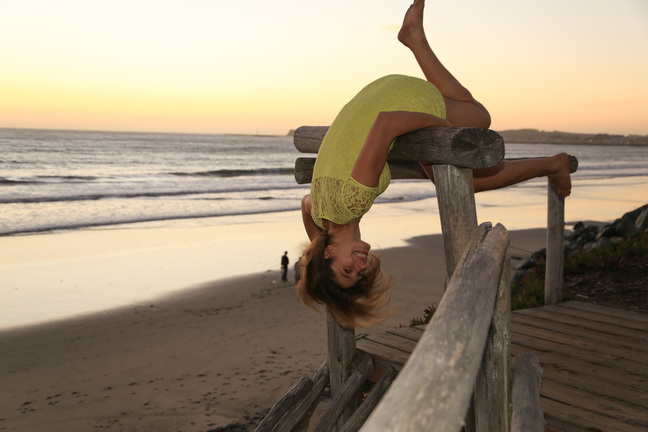
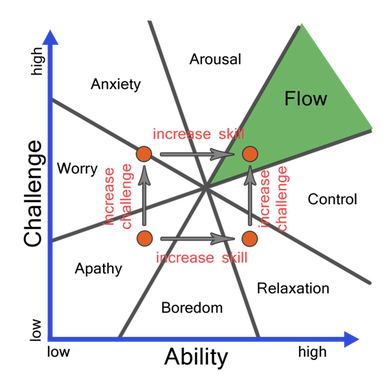


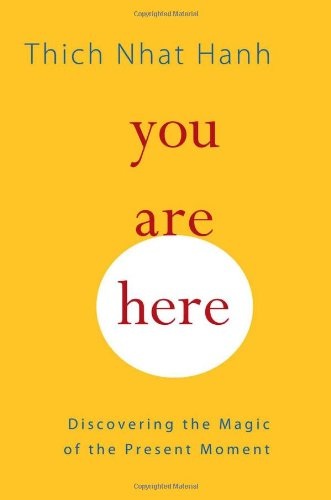

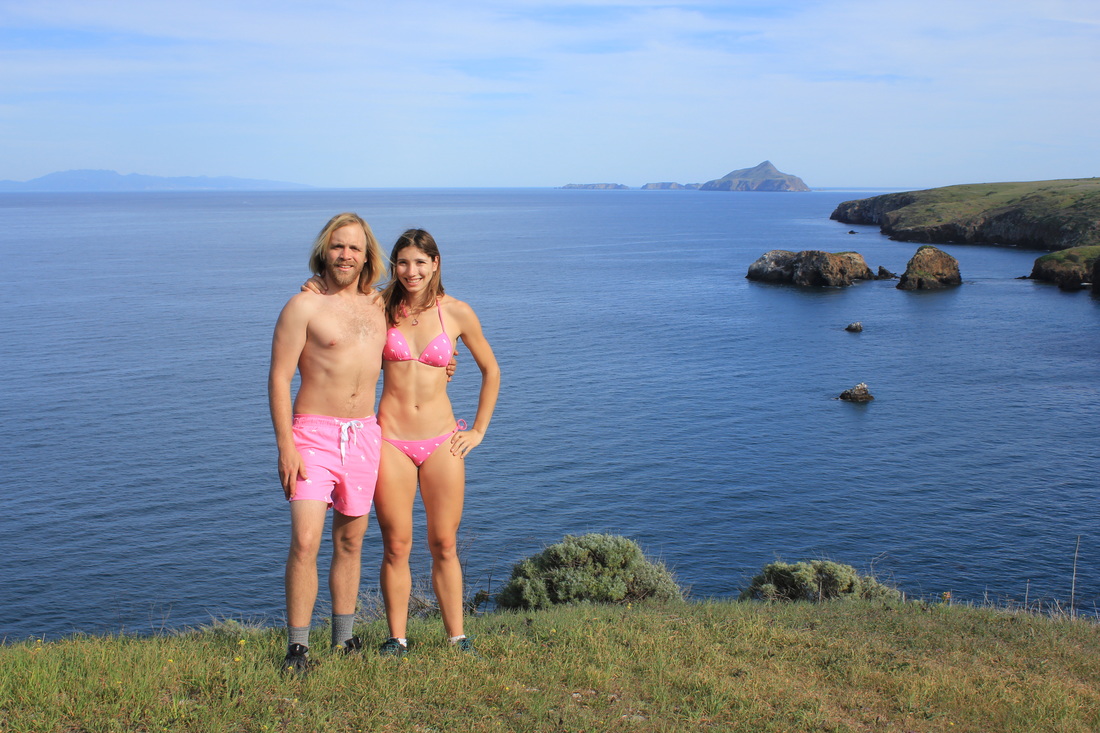
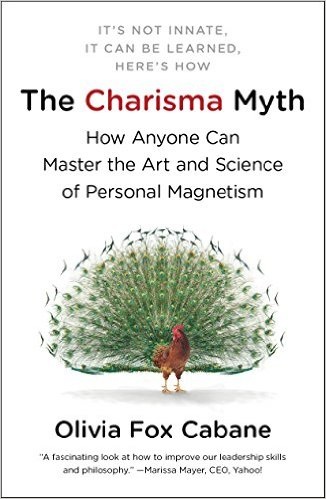


























 RSS Feed
RSS Feed